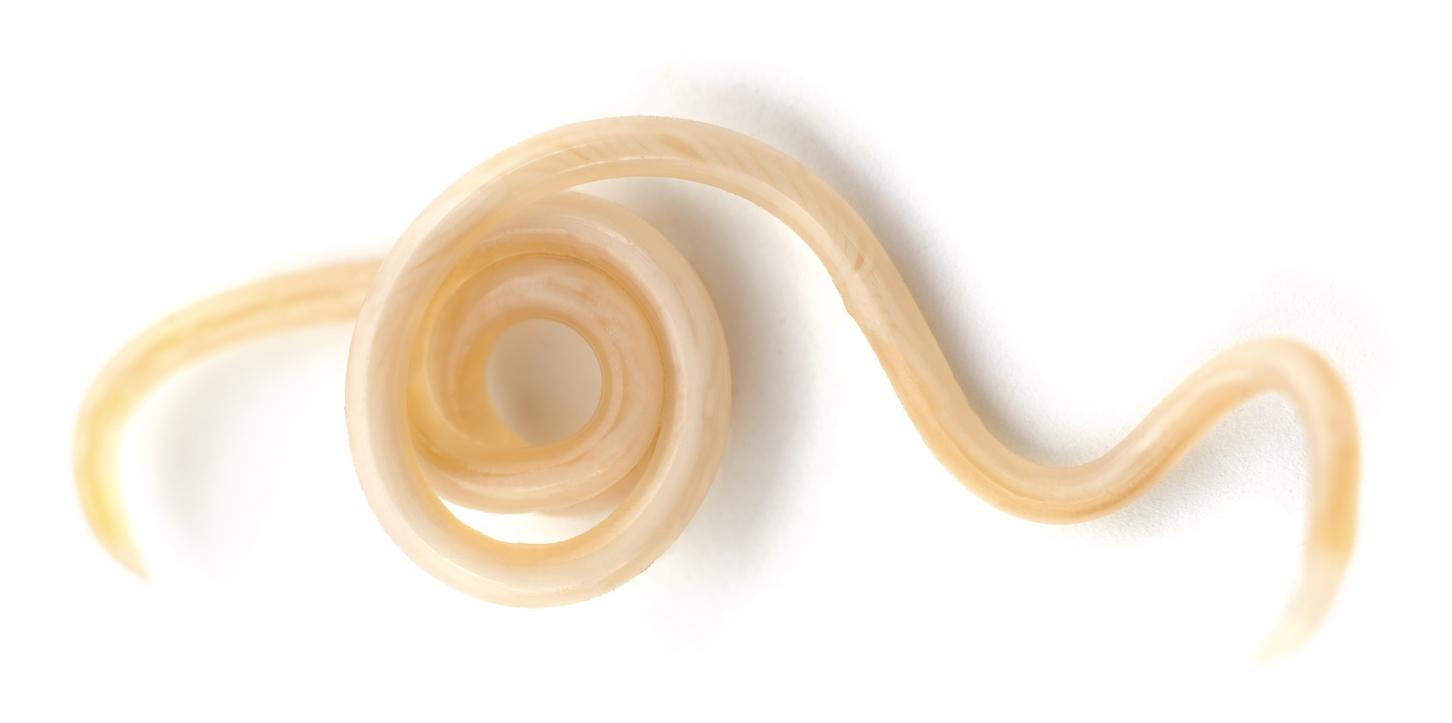Scientists have discovered for the first time a parasitic worm in the brain of a woman who suffered from depression and memory loss.

- A live parasitic worm has been found in the brain of an Australian woman.
- Doctors made this discovery during an MRI to understand the cause of the patient’s memory loss.
- This unusual case of parasitic infection is a world first but perhaps not the last according to scientists.
This is a world first case of a common parasitic infection: a live parasitic round worm “Ophidascaris robertsi” 8 cm long was found in the brain of a 64-year-old Australian woman.
She was undergoing surgery after complaining of abdominal pain, memory problems and depression. His case was the subject of an article in the journal Emerging Infectious Diseases.
Something alive in the brain
This “atypical lesion” was identified thanks to an MRI examination, in the frontal part of the brain.
“When you operate on a person’s brain and take a biopsy, you never expect to encounter something alive“, declared to Reuters Dr. Sanjaya Senanayake, one of the authors of the study.
The worm in question most often parasitizes pythons and kangaroos. The victim resided near a lake inhabited by pythons and may have been exposed while searching for wild grass that may have been contaminated by their feces.
The source of the contamination is unclear
“Although she did not have direct contact with the snakes, she often collected native vegetation, warrigal (Tetragonia tetragonioides) leaves, from around the lake to use in cooking. We hypothesized that she had inadvertently consumed eggs of O. robertsi, either directly from vegetation or indirectly by contamination of its hands or cooking equipmente”, we can read in the scientific journal.
Not only is this the very first human case in the world, but it is also the first time that it has been found in the brain of a mammal species, explained Doctor Sanjaya Senanayake before adding that he East “likely that other cases will be identified in the future..
















